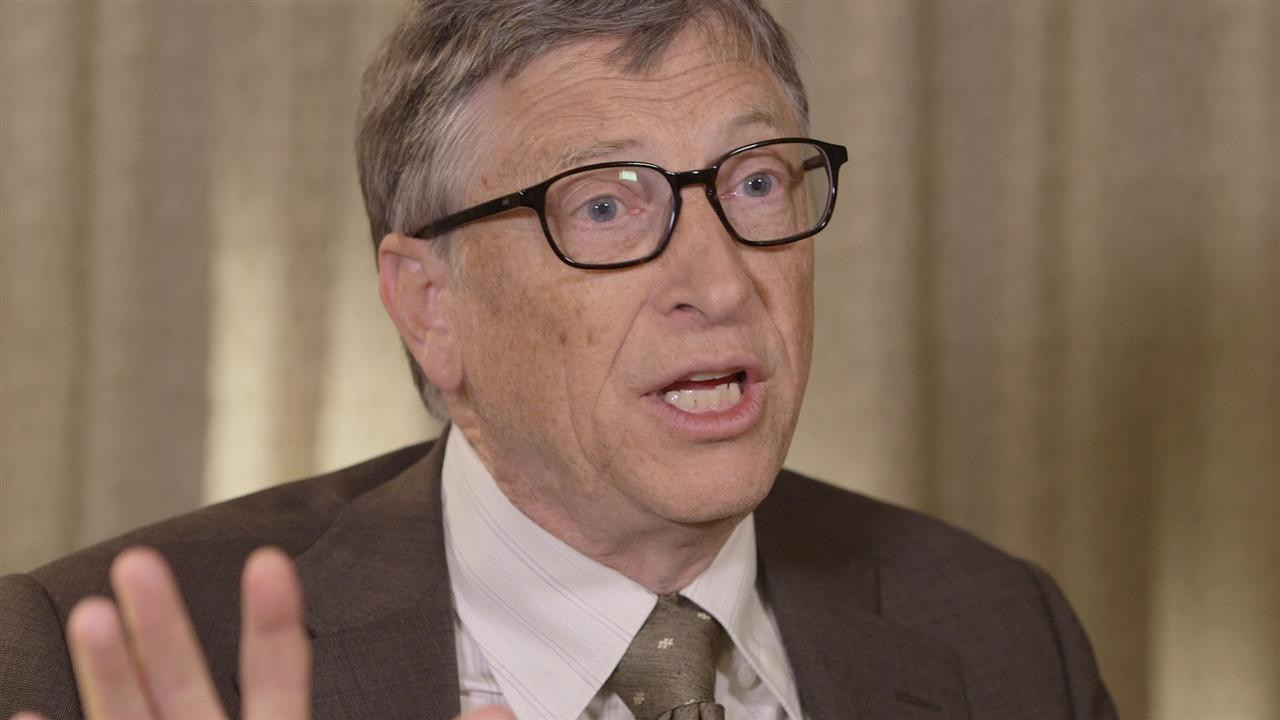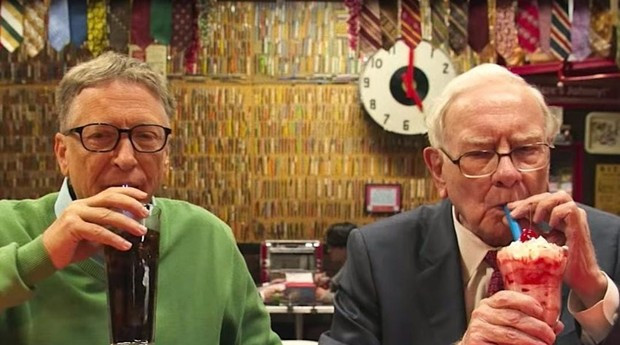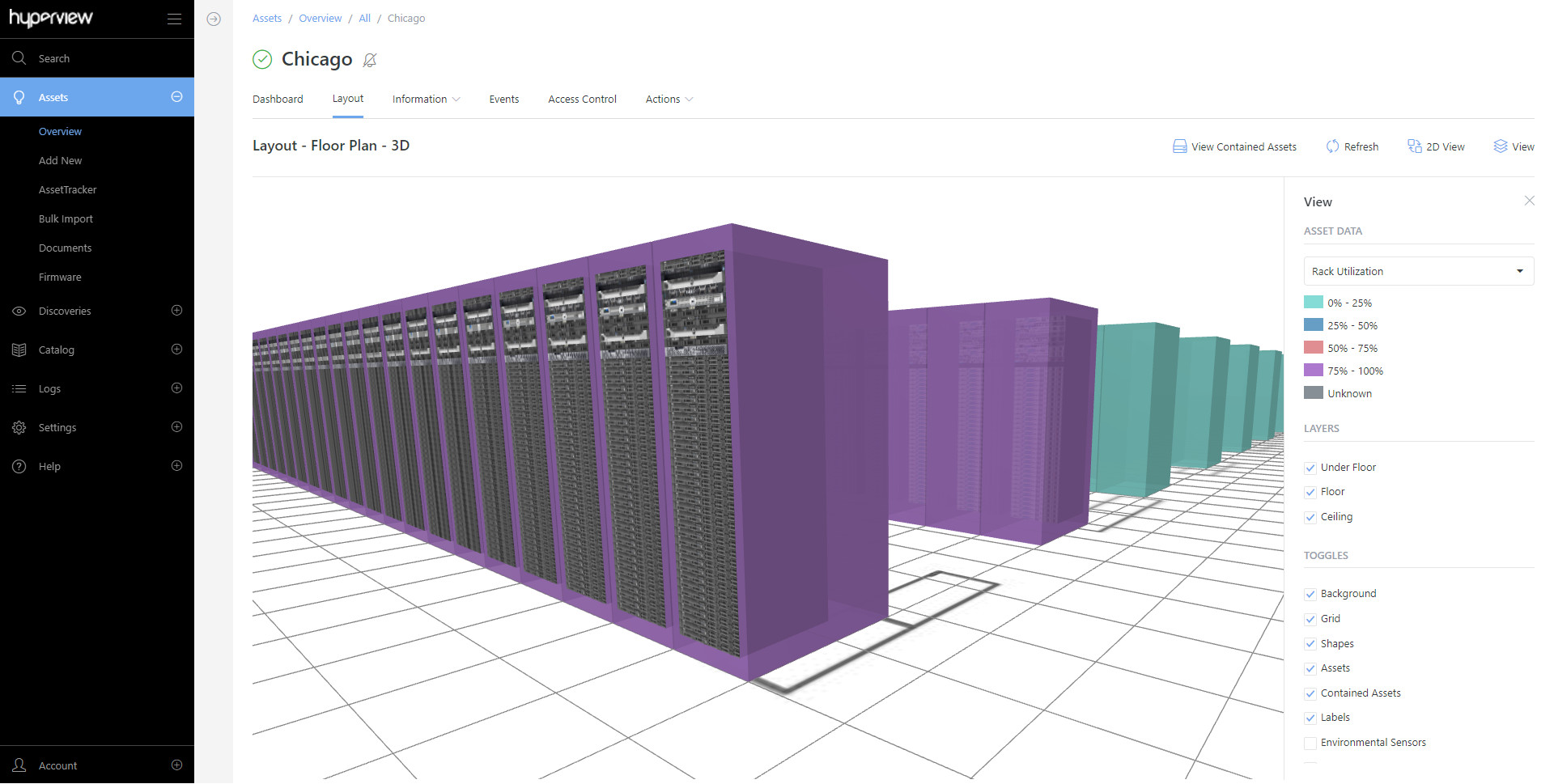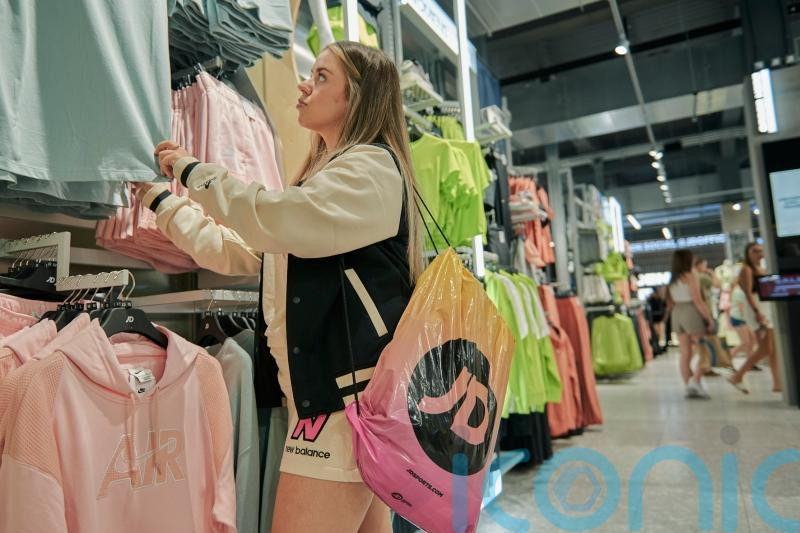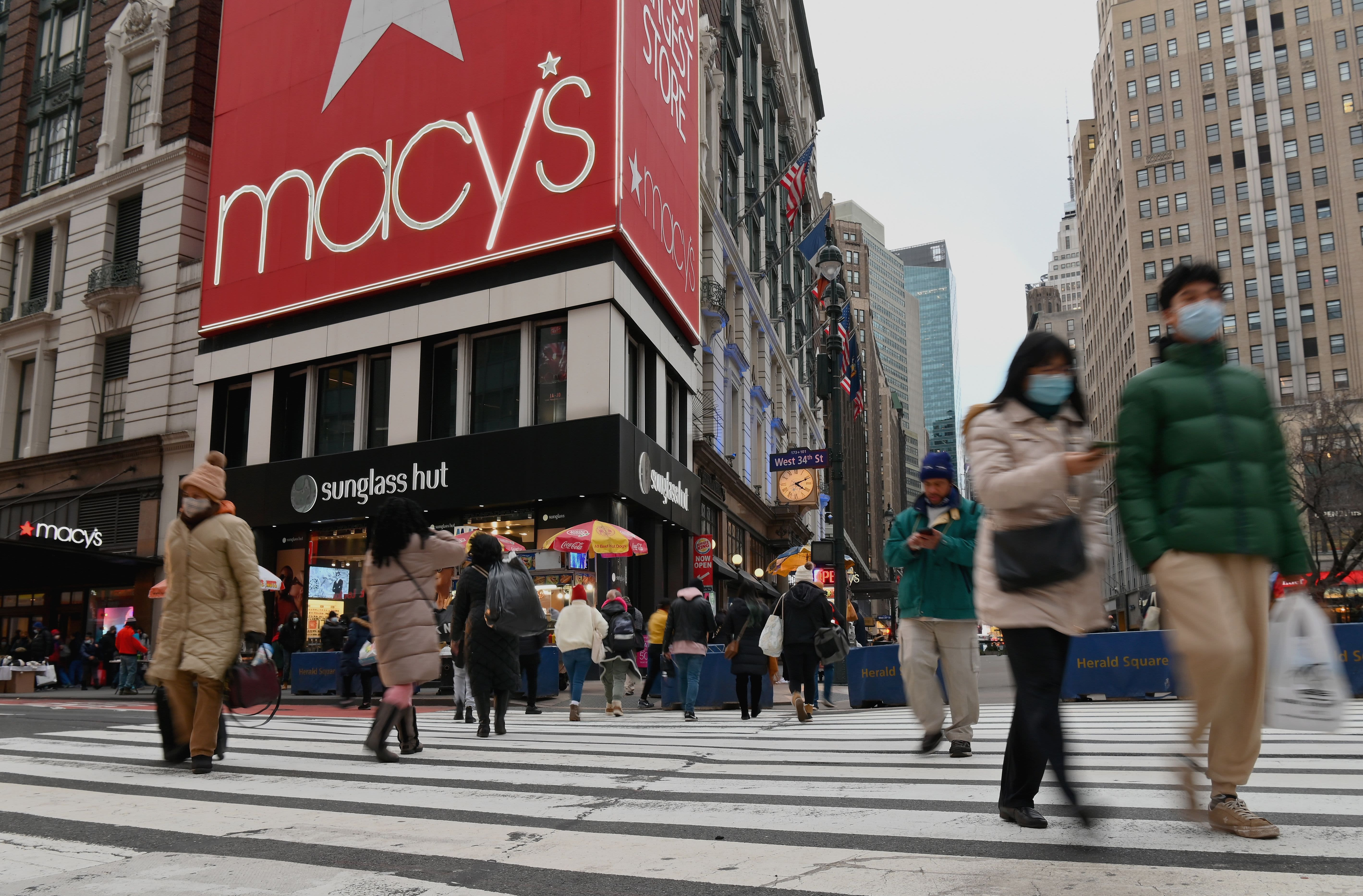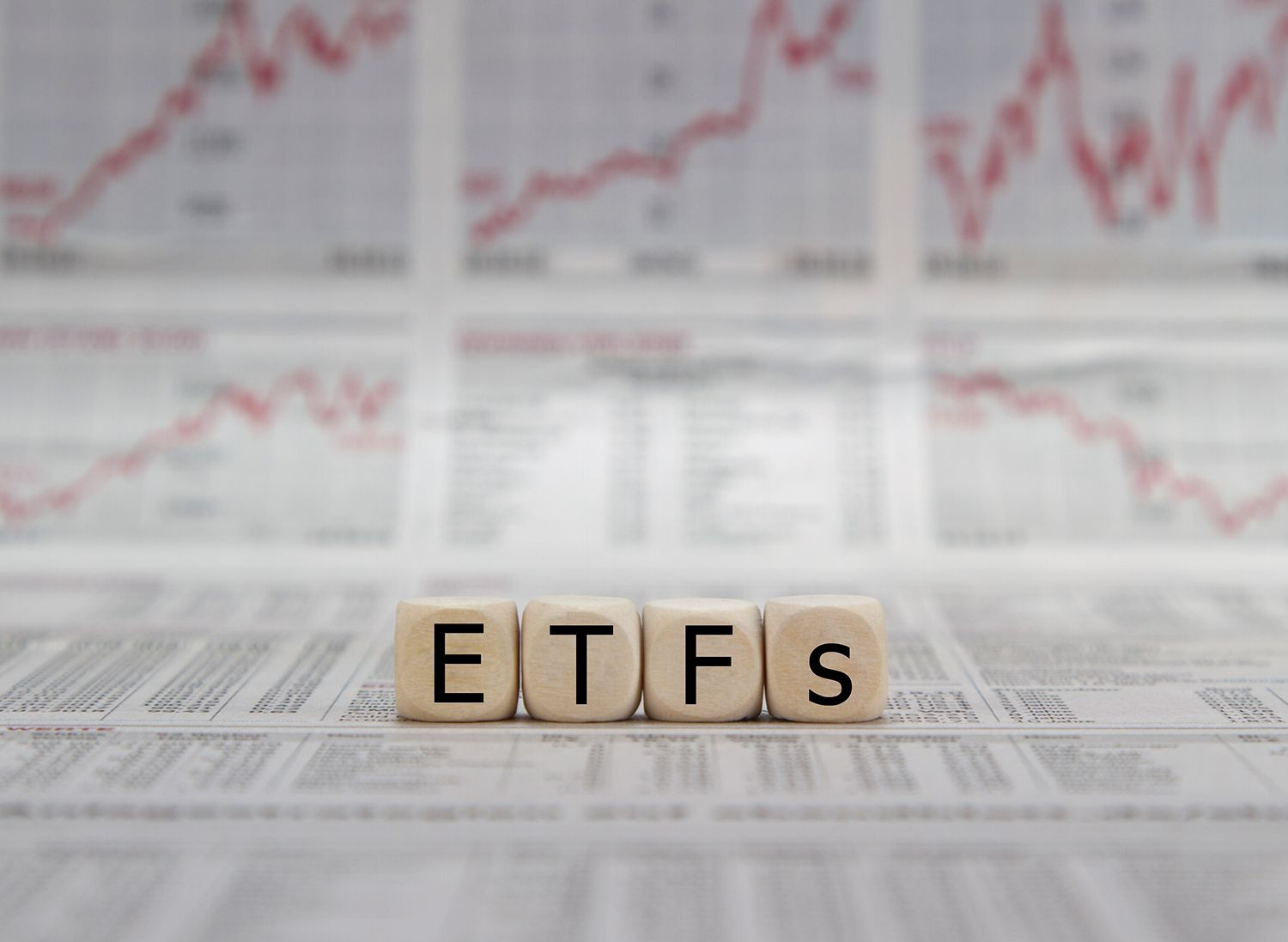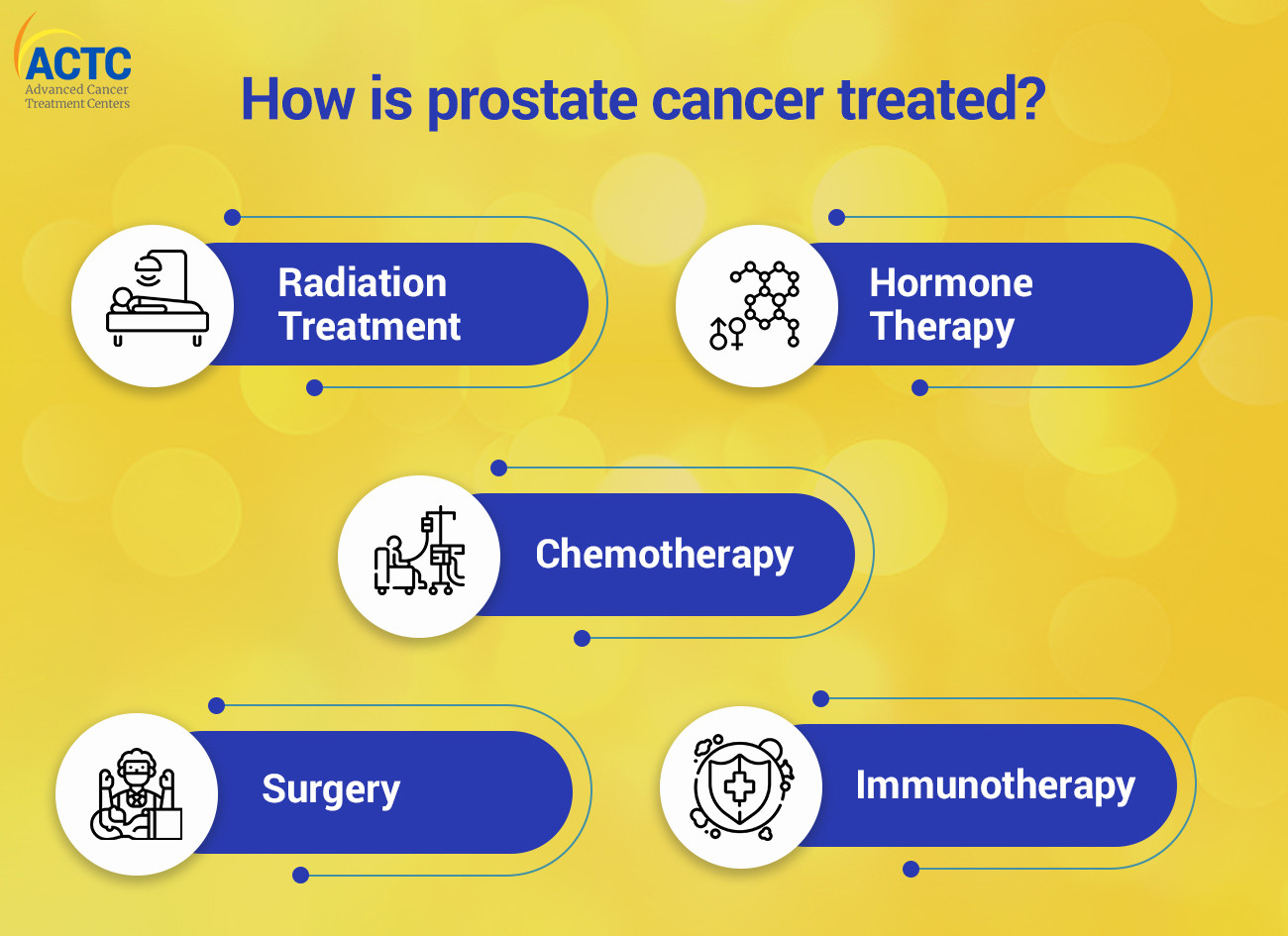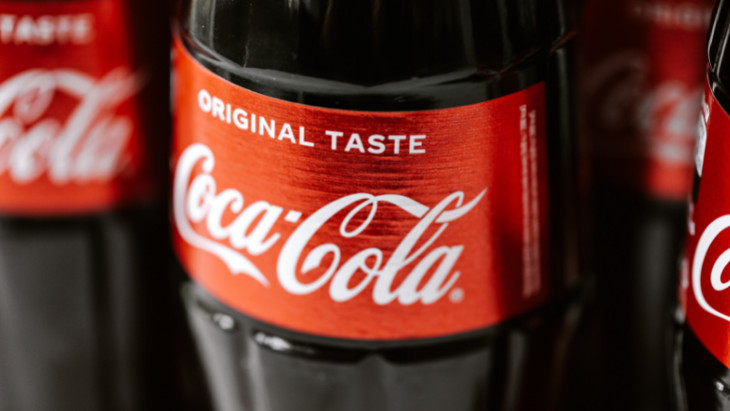Bill Gates, Bovaer, and the Misinformation Storm Surrounding Methane-Reducing Cattle Feed
A wave of misinformation is circulating online, falsely connecting Microsoft co-founder Bill Gates to Bovaer, a groundbreaking animal feed additive designed to significantly reduce methane emissions from livestock. This has sparked a firestorm of controversy, with calls for boycotts and accusations of sinister motives. Let's delve into the facts to separate truth from fiction.
The Methane Problem: A Global Challenge
Methane, a potent greenhouse gas, is a significant contributor to global warming, accounting for at least 25% of current warming according to the United Nations. Livestock, particularly cattle, are a major source of methane emissions through enteric fermentation—a natural process in their digestive systems. This has led to a global search for solutions to mitigate these emissions.
Bill Gates' Involvement: A Case of Mistaken Identity?
The online misinformation campaign wrongly implicates Bill Gates in the development and promotion of Bovaer. However, while Gates is a vocal advocate for climate action and sustainable food systems, his investment in methane-reducing technology has been through Rumin8, a separate company. In June 2024, Rumin8 announced positive results from trials of its investigational methane-reducing feed additive, highlighting a different approach to tackling this environmental challenge. This crucial distinction is often overlooked in the online discussions surrounding Bovaer.
Bovaer: Safety and Efficacy Under Scrutiny
Bovaer, developed by DSM, a Dutch-Swiss multinational, is a feed supplement that works by suppressing the enzyme in a cow's stomach responsible for methane production. Independent studies show a reduction of up to 30% in methane emissions from dairy cows and 45% from beef cattle. The Food and Drug Administration (FDA) in the United States confirmed earlier this year that Bovaer meets its safety and efficacy requirements. Elanco Animal Health Incorporated, which has distribution agreements with DSM-Firmenich, announced an expansion of Bovaer's availability to include both Canada and Mexico markets.
However, the additive's safety and potential long-term effects are still being debated. The Food Standards Agency (FSA) in the UK, while approving Bovaer for use, noted that the compound 3-nitrooxypropanol (3-NOP), a component of Bovaer, should be handled carefully due to potential skin and eye irritation. DSM maintains that Bovaer is safe for animals, farmers, and consumers, highlighting extensive research and authorizations in over 55 countries. The conflicting information on 3-NOP is likely fueling concerns and adding fuel to the misinformation fire.
Regulatory Approvals and Authorizations
Bovaer's approval status varies across different regions. In the U.K., Bovaer received authorization in April 2024. The approval followed a comprehensive review by the UK Food Standards Agency (FSA) and the European Food Safety Authority (EFSA). The U.S. approval process is still underway.
Arla Foods and the U.K. Trial: Collaboration and Backlash
Arla Foods, a major dairy cooperative in the U.K., partnered with several major U.K. supermarkets—including Morrisons, Aldi, and Tesco—to trial Bovaer. Arla's initiative aligns with its broader sustainability goals, aiming to reduce CO2e emissions from scope 3 by 30% by 2030. The trial seeks to assess the practicality and effectiveness of integrating Bovaer into standard farming practices, offering insight into how to scale its use effectively. The collaboration between Arla and the retail partners underscores a broader industry effort to address methane emissions from dairy production.
However, Arla has faced a significant backlash, with many consumers announcing boycotts on social media platforms, driven largely by unsubstantiated claims about Bovaer's safety and an unfounded connection to Bill Gates. Arla has issued statements refuting these claims, asserting the additive's safety and emphasizing that Bovaer does not transfer to the milk produced.
A Growing Concern
Arla's situation exemplifies the challenges businesses face when implementing sustainable practices, especially amidst an environment where misinformation can quickly spread and damage reputations. The incident underscores the importance of transparent communication and addressing public concerns effectively.
The Conspiracy Theories and the Climate Action Debate
The false claims linking Bovaer to Bill Gates are rooted in wider conspiracy theories involving Gates, the World Economic Forum, and climate change denial. These theories frequently target Gates because of his high-profile advocacy for climate action and sustainable initiatives. The unfounded accusations highlight the difficulties of navigating the complexities of public perception regarding climate change solutions. This further emphasizes the need for clearer, fact-based communication to counter these inaccurate narratives.
Conclusion: Separating Fact from Fiction
The Bovaer controversy highlights the challenges of combating misinformation in the digital age, particularly around complex scientific and environmental issues. While concerns about the safety and effectiveness of feed additives are valid and deserve rigorous investigation, false narratives and unfounded accusations only serve to cloud the real issues at hand. It is crucial to rely on credible sources and scientific evidence when evaluating claims related to food safety and environmental impact. Further research and transparent communication will be critical in addressing both the scientific and social dimensions of this debate. The future of sustainable agriculture depends on fostering accurate information and productive dialogue, rather than succumbing to the spread of misinformation and unfounded accusations.




